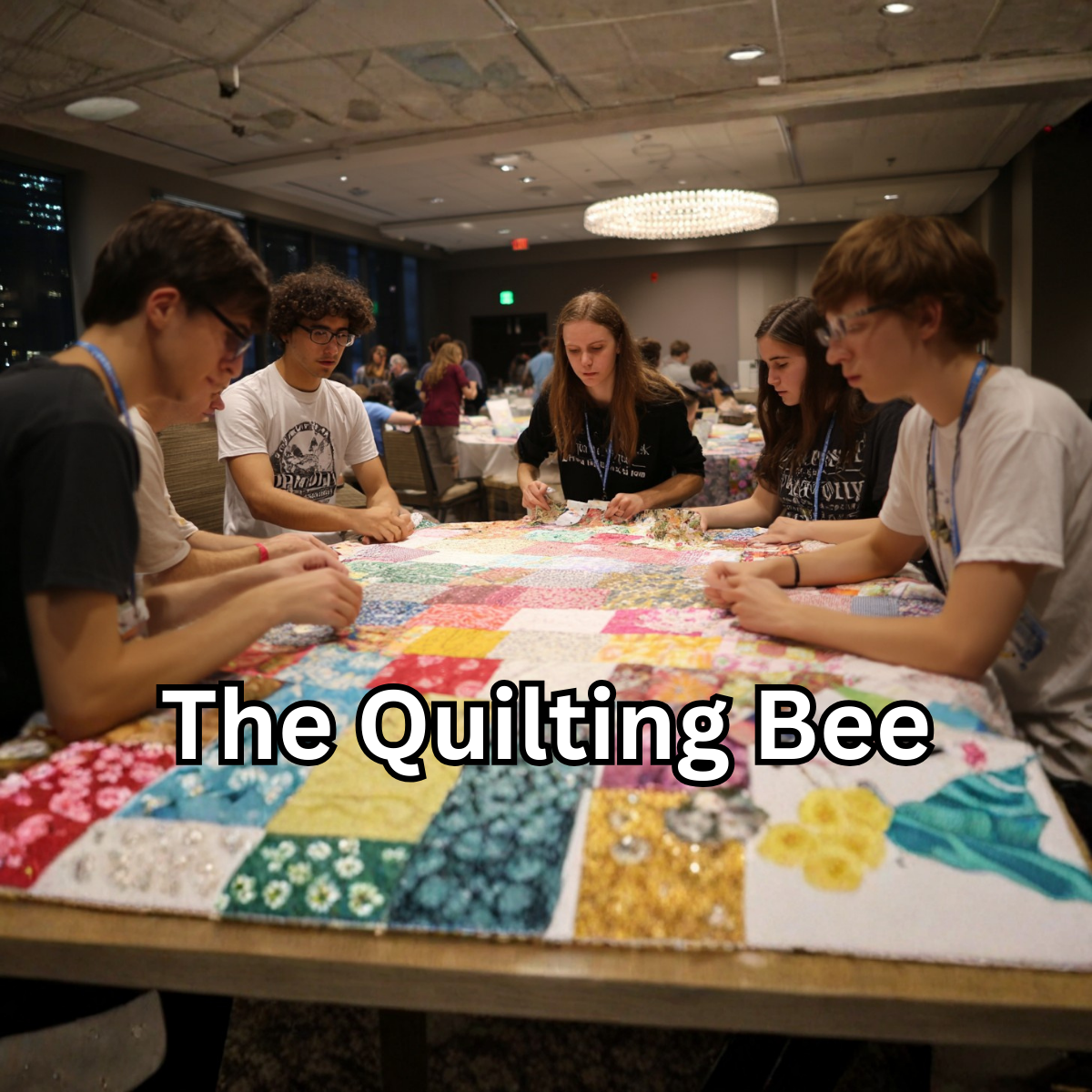Today I want to discuss habits of social consequence, specifically habits of communication. Currently, I am in a period of unrestrained indulgence, a binge, a spree, reading and thinking about Ben Franklin quotes. Yup, I’m still on a Ben Franklin jag!
So, what did the genius Ben Franklin have to say about managing our communication with others? One recurring recommendation relates to forbearance in speech – in other words, not oversharing or saying too much. Here are a few quotes:
“He’s a fool that cannot conceal his wisdom.”
“He that would live in peace and at ease must not speak all he knows or all he sees.”
“Remember not only to say the right thing in the right place, but far more difficult still, to leave unsaid the wrong thing at the tempting moment.”
I am interested in this more obscure “Ben Franklin Advice” topic because I think it relates to me. I think that I will benefit from exercising more control in my speech. Therefore, it is a habit worth thinking about in The365Commitment habit formation context.
An important part of my development happened within the 12-step program in the mid to late 1970s. In Al-anon, Ala-teen, and AA there is a culture of raw honestly and truth telling that is designed to help people overcome illusions and denials common within dysfunctional Alcoholic situations. In order to heal, people are encouraged to tell their stories. In order to help other people heal, telling your own story is encouraged. This is a great thing! But, context matters. This sort of truth telling ethic can become a habit that does not always serve our best interest; in the wrong context it is “oversharing.”
If you are like me, extroverted and naturally inclined to connect with other people, then carrying “12-Step” type communication habits of openness, vulnerability, and frank honesty into work settings or other social settings can be a liability. Of course I recognize some value here, I’m not advocating being taciturn or timid. I am saying avoid being honest and/or open to a fault. To a fault.
The other side of oversharing – or let’s say speaking in ways that are not helpful – is related to ego and power. I participated in speech and debate competitions for a time in college. Here the ethic of communication was to undermine or outshine one’s opponent and project the rightness of one’s own knowledge or position. While I see value in this training (if you are a trial lawyer), however, context is key. Over-pressing a point or attempting to display one’s intellect or knowledge will typically backfire in collaborative work environments or in situations where our intention is to make things better. Unfortunately, oversharing in this way makes them worse.
Obviously Franklin was a political genius and a genius in may other ways, there is no doubt he dealt with all sorts of brilliant and not so brilliant egomaniacs who over-pressed their points or said too much in order to prove their knowledge. I’m sure he saw them succumb to the temptation of “proving how smart I am” only to reveal or say too much. Perhaps he made this mistake himself and learned to control this urge.
As one who highly values humor, I think the urge to crack a joke also falls into the category of oversharing wisdom (so to speak) as well. Again, here is the relevant quote from Franklin:
“Remember not only to say the right thing in the right place, but far more difficult still, to leave unsaid the wrong thing at the tempting moment.”
It may be funny, but choose the appropriate moment to utter that hilarious rejoinder, based upon your goal. Is your goal to be a comedian? No, your goal is to make things better, so resist the temptation to reveal a joke just because it comes to mind. Most people would agree that farts are funny too – but context matters! Sometimes you gotta hold it in. I think sharing this last metaphor is good example of giving into temptation in the wrong context. Doh!
This next quote reveals Franklin’s winning strategy:
“If you would persuade, you must appeal to interest rather than intellect.” Speak to what your audience or collaborator wants. What are their goals and interests? That should inform the context of all communications with others.
So, to wrap up let me re-iterate, when it comes to communicating with others, cultivate the habit of assessing context and goals before uttering a word. If you are a member of The365Commitment then it is likely you wish to make the lives of those around you and your own life better. Allow context to dictate when you share brutal honesty and soul baring testimony. Notice and resist the temptation to overshare your intellect, or crack that tempting joke in the wrong moment; instead, focus on the interests of others if you truly wish to persuade and influence them for the better.
Ben Wagner (241)
Member The365Commitment



